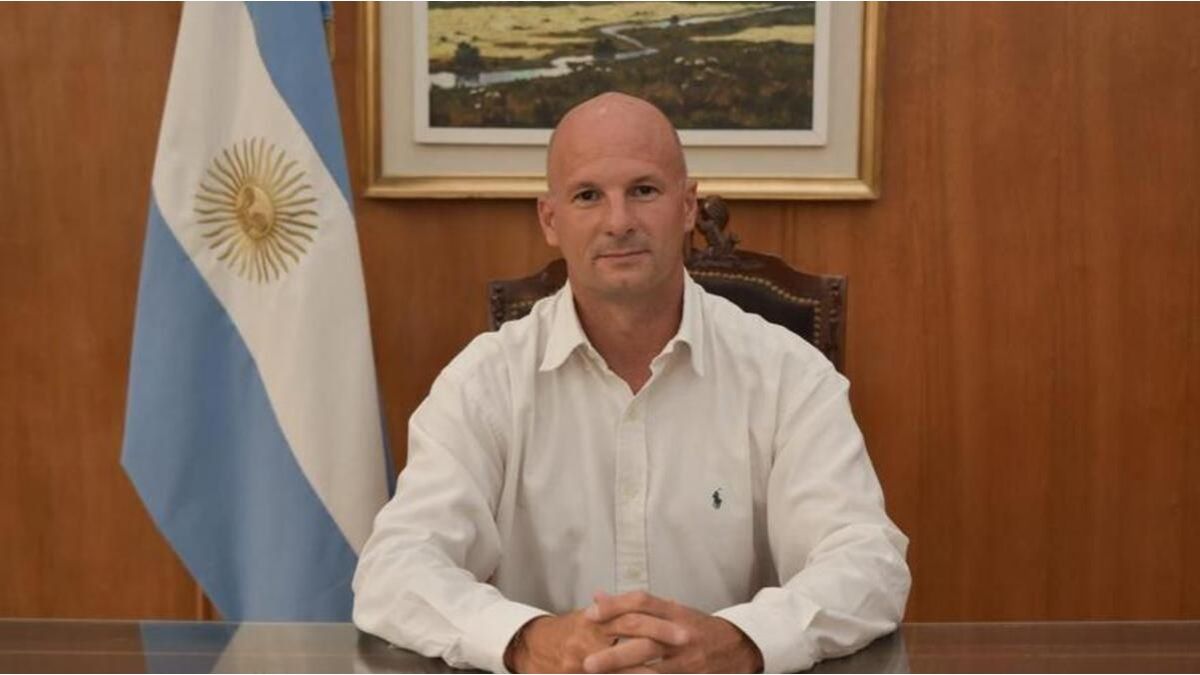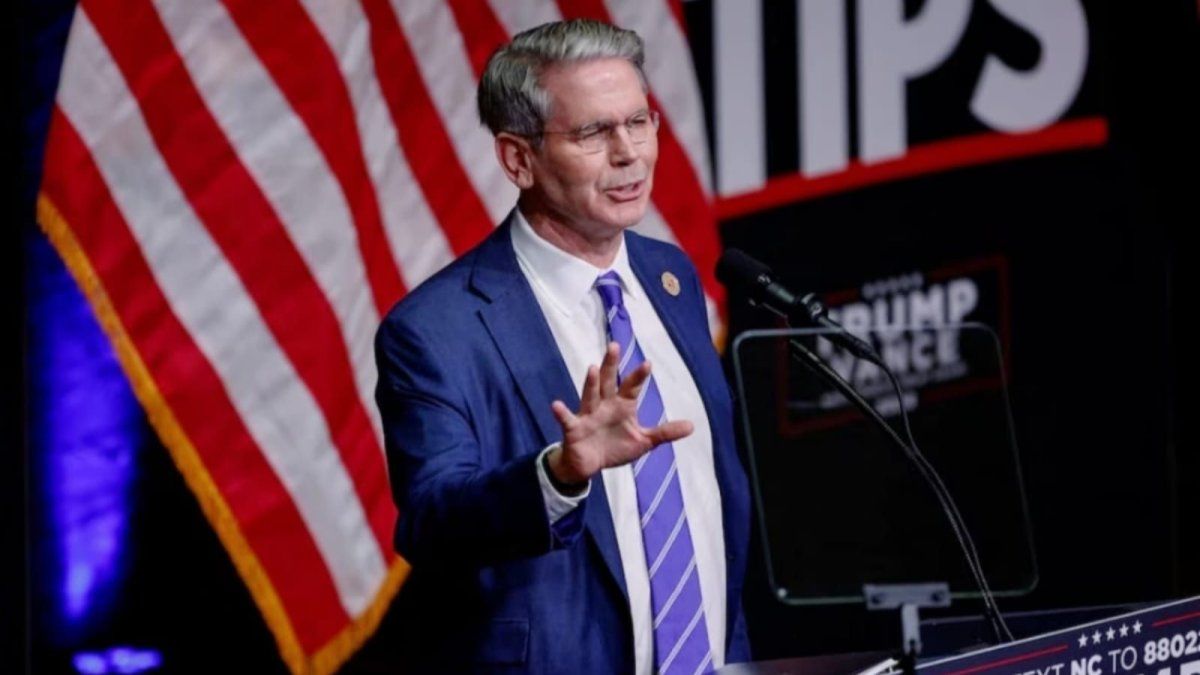The former vice minister and former secretary of Agriculturespoke with Scope and analyzed the current situation in the agricultural sector. Currently it is advisor to Vice President Victoria Villarruel and believes that the field should have a ministry. He referred to the urgencies, challenges and opportunities that agriculture has to grow in an Argentina that needs not only the countryside but also other productive activities to get out of the cyclical crisis it is going through due to the lack of dollars.
Question: How do you analyze the present of agriculture in Argentina?
Matías Lestani: Diverse, depending on the production chain we are taking. There is an ordering of the macro variables that gives a little peace of mind in handling, but that obviously complicates the numbers. In the agriculture of the humid pampas, the fall in international prices and this trend towards the unification of the exchange rate complicated the yield balance points that must be achieved with the current rental values. We are experiencing situations of water stress in some specific areas and that puts the performance of the final season under scrutiny. In any case, the area is fine and the situation is not irreversible. In livestock farming things improved. Regional economies are more complicated by this economic reconditioning and technological delays. Many activities are electrodependent for irrigation or use fuel, so there is a cost problem because the bills increased sharply. The reduction in import taxes helped, but the tariffs hit them hard and made them less competitive.
Q: Does the field need to have a ministry?
ML: Yes of course. Beyond the structure of the sector, generates enough wealth at the country level to deserve it. Furthermore, sectoral policy deserves that the minister be able to speak directly with the Chief of Staff or with the highest authorities of the country. A Secretariat that depends on another ministry is a problem. The dialogue of the sector has to be given at the highest possible political level because that is where consensus on State policies is achieved.
Q.: In agriculture it was always said that although it is a ministry, important decisions were made in the Economy. Was it like that?
ML: It may be, but the minister could speak with another minister as an equal, the same with the chief of ministers, with the vice or with the president and that is the important thing, that they can listen without interpretations from others, that the channel is direct . The sector deserves it because It is the only outboard motor that is running. Investments will come, there will be dead cows, there will be mining, but all that is future. When this is operational and generates a replacement – so that this engine that is pulling can slow down a little – the reduction of export duties will arrive. Meanwhile, this sector deserves to be heard and have that direct line.
Q: Whatand Should it change to get to the point where we can think about lowering withholdings?
ML: Strategically, what better gesture than to lower them when the international price fell, which would be logical, because ultimately you are hitting everyone equally with the right to export. Now whether it can be done or not, I see it as complicated in the medium term. Until the rest of the chains are producing well, it will be difficult to achieve it because the dollars are generated in agriculture. In the short term I don’t see it and I don’t think the Economy sees it either, beyond specific gestures, such as the dairy or the livestock. The strategy of lowering export duties must be thought about, because you cannot favor one crop more than another, you must see how it impacts the integration chains.
The important thing is to be clear about how you are going to take that path, how you are going to give additional value or a better scheme to the one that industrializes or adds value. We are losing a lot of opportunities every time we export grains and do not convert them into animal protein or bioenergy.
Q: Can more be done from the legislative level?
ML: The one who has the pen can write the regulations and if the regulations work, the one who is obliged is Congress. There we need to have a sectoral bloc transversal to the political parties, because that is one of the problems we have. It cannot be that the discussion in the sector is only the right to export. The sector cannot be simply summarized by DEXswhich is true that they have to go down, because they do not decouple price in the chains and there are a lot of integrations that are a collection tool.
Summarizing the agricultural sector just that is a fallacy, a very limited view of what the sector is, of the potential and needs of each chain in each region. There are a lot of items to resolve, with associations, institutions and confederations that have their own agendas. The time has come for us to start grouping them and on the issues on which we have agreement – I’m not saying unanimity, but agreement – to start walking and the rest will have to be discussed.
Q: What do you see as part of a sector that generates food in a country that has more than half of the poor?
ML: We all agree on where we have to go, because poverty is priority. Obviously we have nuances in how, but we cannot waste much time in the discussion. I don’t get into political discussions but one thing is clear to me: we are all responsible for these situations and we are all in solidarity. And I become part of it too.
When Domínguez asked me to go to the ministry, I had never been in public office. Do you know how many times I thought that? And the internal response I had was that if someone asks you for help with something you know, you have to go. I am not a party member. That’s the truth. I don’t think Domínguez knows what party I’m from, nor do I think Victoria knows, because I practice politics in the dark room. The other, sectoral policy, I exercise every day.
Source: Ambito
I am an author and journalist who has worked in the entertainment industry for over a decade. I currently work as a news editor at a major news website, and my focus is on covering the latest trends in entertainment. I also write occasional pieces for other outlets, and have authored two books about the entertainment industry.




